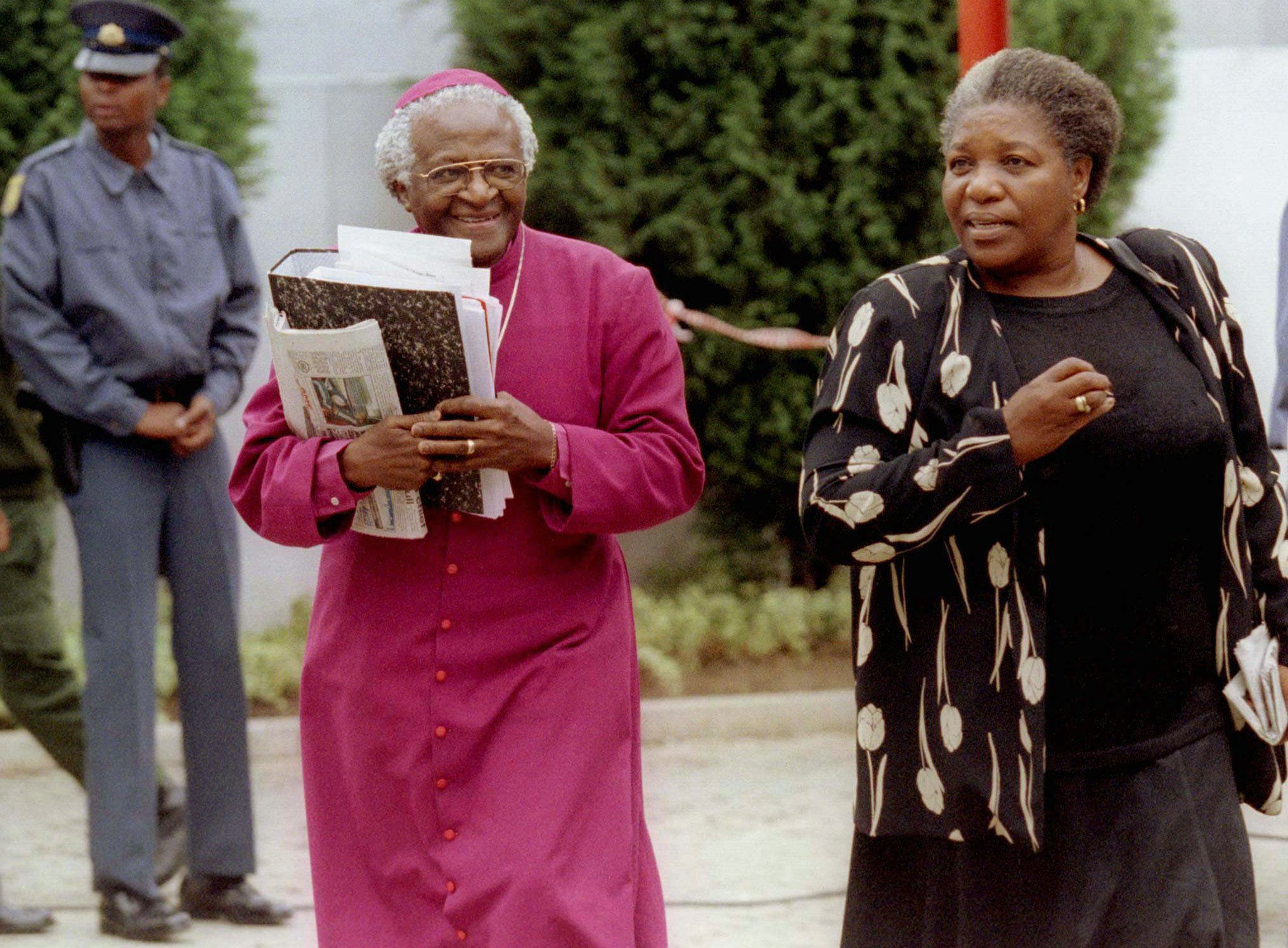Tutu asks why it took years to prosecute apartheid murder
JOHANNESBURG: Why has it taken South African prosecutors so long to charge four former members of the apartheid-era security forces for the 1983 murder of a young activist, Nobel Peace Prize winner Desmond Tutu asked Thursday.
This week, South Africa's National Prosecuting Authority announced plans to charge the men who were part of a police unit linked to the murder and torture of 23-year-old Nokuthula Simelane.
Tutu welcomed the decision, saying he hoped it marked a turning point for the prosecuting authority, which he said has only pursued "less than a handful" of more than 300 apartheid-era cases the Truth and Reconciliation Commission recommended for legal action in 2002.
After apartheid ended in 1994, the commission, headed by Tutu investigated past atrocities and granted amnesty to some of the accused perpetrators.
The commission heard and finalised Simelane's case in 2001, and handed it over to prosecutors the following year, but they only acted after the young woman's family approached the court.
"What has taken them so long? Why did the authorities turn their backs on the family of Nokuthula, and so many other families, for so many years?" Tutu asked in a statement.
Simelane had been a courier for the armed wing of the then-banned African National Congress when she was snatched by the police and tortured for weeks, according to the officers' own testimony to the commission 16 years ago.
But the policemen insisted that they had succeeded in "turning" Simelane through the torture, convincing her to work as an informant against the African National Congress in neighboring Swaziland. The police indicated that anti-apartheid fighters might have eliminated Simelane themselves. Her body was never found.
"I have long said that there remains 'unfinished business' from the TRC," Tutu said.






